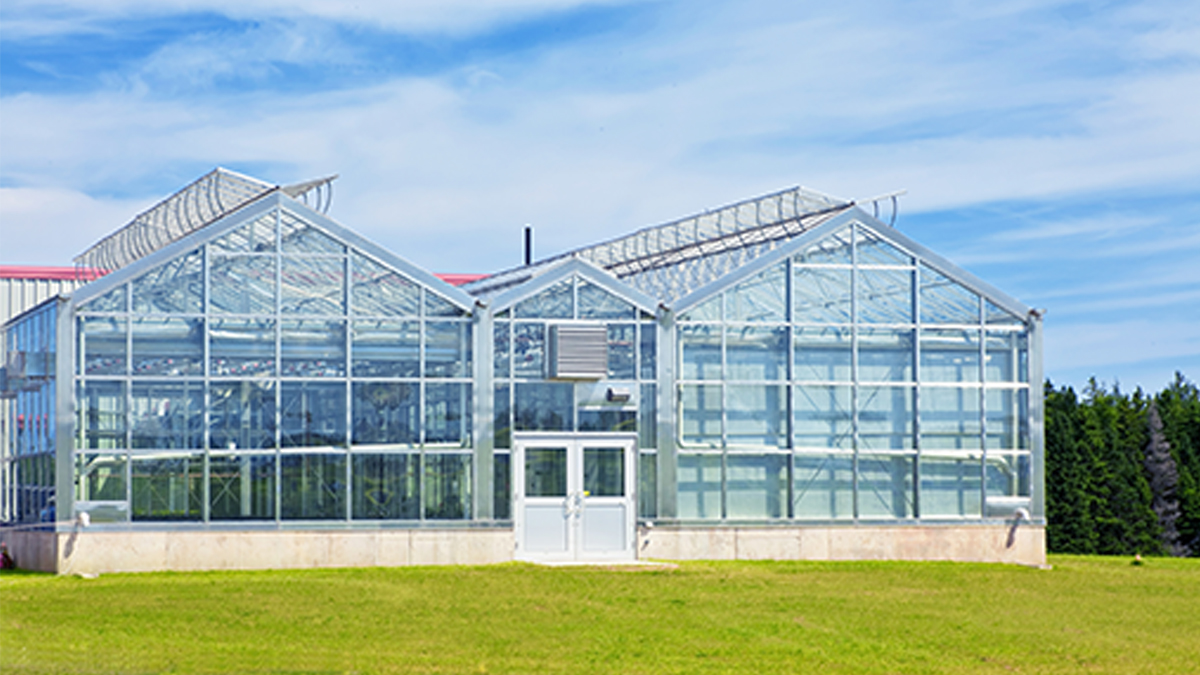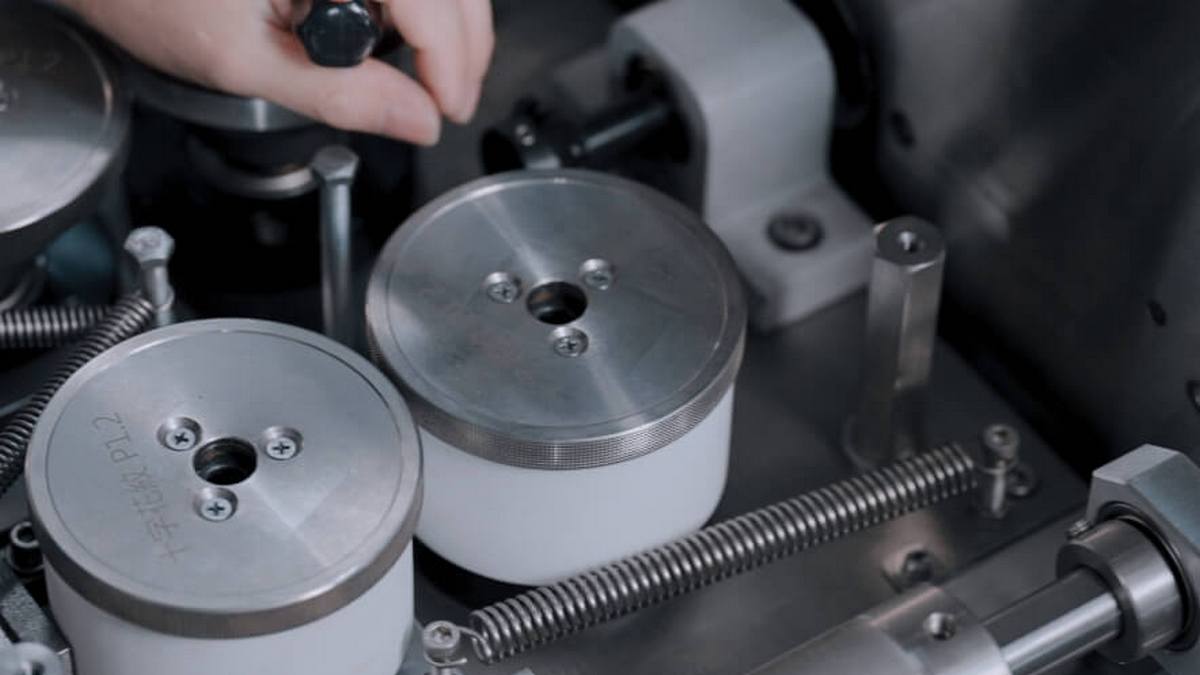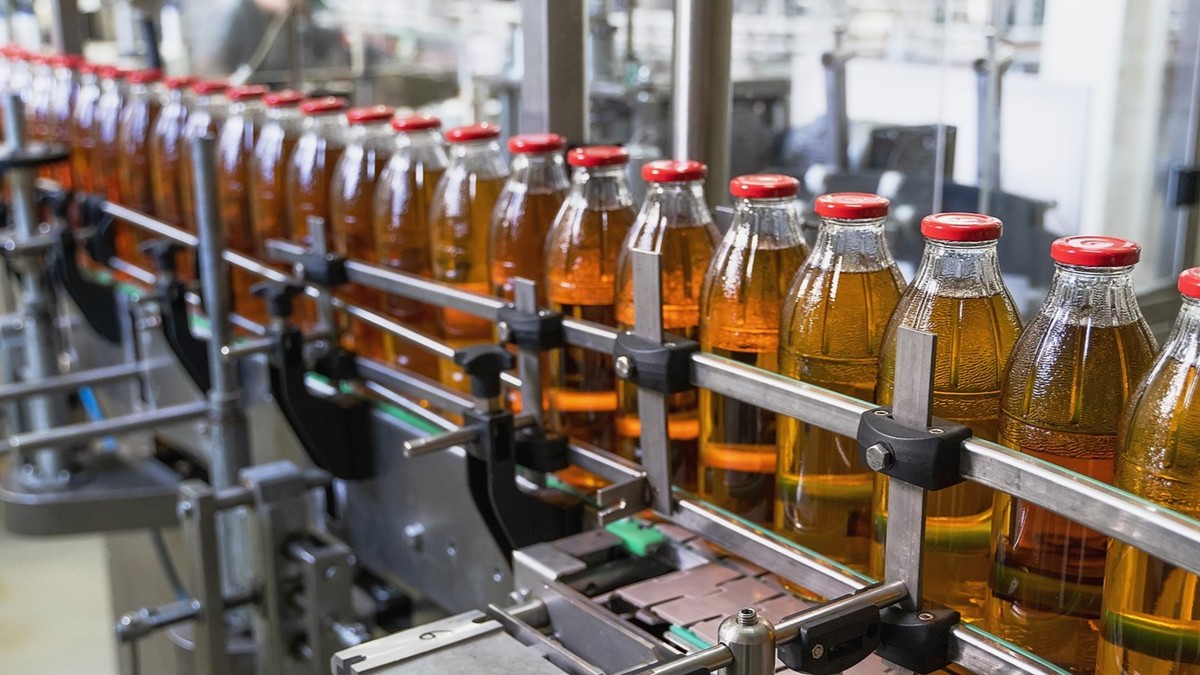As industry 4.0 technology continues to advance, existing data can be harnessed to develop machine-learning solutions that deliver real value, optimize decision making, increase flexibility, and attract top talent.
How Industry 4.0 Will Improve Sustainability
As the world continues to face climate uncertainties, industrial companies are looking for ways to ensure they are as sustainable as possible while maintaining profitability. Many companies are working toward the goal of being sustainable while also maintaining profitability, in part by integrating and applying artificial intelligence (AI) and machine learning into operations.
Businesses have a growing awareness of sustainability as consumers and world leaders put pressure on them to find solutions for a “greener” future. Businesses vary greatly in their approaches to sustainability. To see real success, it’s vital to understand the program objectives and balance the “Three Ps”: People, Planet, and Profitability. Emissions and waste output are top of mind, and early efforts are underway to build toward a circular economy. Revenue and profitability are also important, so any long-term efforts to go green must account for this and not hinder production.
Lastly, it’s critical to plan ahead for pain points. There are a variety of circumstances that can cause downtime and lost products, which contribute to energy waste and emission increases in asset-intensive industries. Having a plan in place to ensure operations can run as smoothly and efficiently as possible means businesses can better avoid losses. The most reliable way to address the biggest pain points—production and energy waste—in an industrial setting is moving into Industry 4.0 and introducing and implementing digital technologies into operations.
As digital technologies are increasingly introduced into operations, in which ways will they improve energy sustainability?
Industrial processes demand high energy input. According to the U.S. Energy Information Administration, the bulk chemical industry accounts for the largest portion of U.S. industrial energy use, at 28%, followed by refining at 18%. That’s why ensuring processes remain operational and efficient is key to curbing energy output. However, efficiency is often subject to unforeseen variables, like fluctuating temperatures, feedstock changes, and equipment issues. Implementing advanced digital technologies into operations can not only optimize operations around these variables but also find new efficiencies that ultimately impact energy usage and a company’s bottom line.
Digital technologies deliver increased efficiency across the entire operating lifecycle, which results in improved energy usage. Advanced, predictive supply chain scheduling technology can determine issues in processes that could lead to unplanned downtime, thus eliminating problems long before they impact operations. The ability to predict—sometimes weeks in advance—ensures operations run smoothly so energy isn’t wasted on inefficient processes, thus decreasing energy output and emissions.
What technologies do you see having the largest impact on sustainability? Industry 4.0 will bring increased visibility into operations—from the availability of predictive maintenance to augmented reality—and will lead to efficiency improvements from planning and operations to reporting. Artificial intelligence-enabled technologies give technicians the insight they need to make smart, in-the-moment decisions that lead to improved operations and decreased downtime by integrating the experience of previous processes like machine-learning.
Additionally, the adoption of AI-enabled predictive maintenance will expand as businesses appreciate the value of foresight needed to make decisions that improve sustainability and positively impact the bottom line.
Sustainability can be measured by dollars saved in reduced energy consumption, or reduced waste. The introduction of advanced technologies into operations opens the door for operators to expand metrics to include other aspects of sustainability.
Next-generation tools can be easily adopted—and add significant value
Power plants are already highly “sensorized,” meaning vast amounts of data are continuously collected and stored. However, our research shows that a mere 20 to 30 percent of the data collected is used to directly inform decision making and that the data collected from sensors could be better optimized.
The next generation of value will likely be built upon this informational foundation. Operators can employ an analytics-backed approach to find unique data predictors of plant performance. And expanding on those findings with first-principles engineering and operating insights can optimize previously unidentified value drivers. For instance, rapid machine-learning algorithms can already identify optimal parameters to increase combined-cycle gas turbine plant outputs and heat rates. Advanced pattern-recognition methods can identify and predict the need for repairs and proactively recommend focused preventive maintenance.
Optimization models for unit efficiency, flexibility, and operability can further help operators run their facilities to the theoretical limits of performance. The results can include improving their bottom lines by increasing power availability and reducing fuel consumption to minimize carbon emissions.
Despite the considerable progress power plants have made in recent years, they have only scratched the surface of what digitization can achieve. Efficient and resilient digitally enabled operations are key to success in the next normal. Those that do not make the most of their data risk falling behind—even in times of economic stability. The changes experienced during the pandemic offer utilities the opportunity to adopt new operating models that enable faster decision making, increase structural flexibility, and attract new talent.
Generating power from fossil fuels will continue to be the norm for the time being, as transitioning to renewable energy sources is a complicated process. However, fossil plants can do their part to support this transition by continuously improving operationally. After exhausting traditional performance-improvement levers, next-generation digital solutions will likely become the new frontier for growth.














